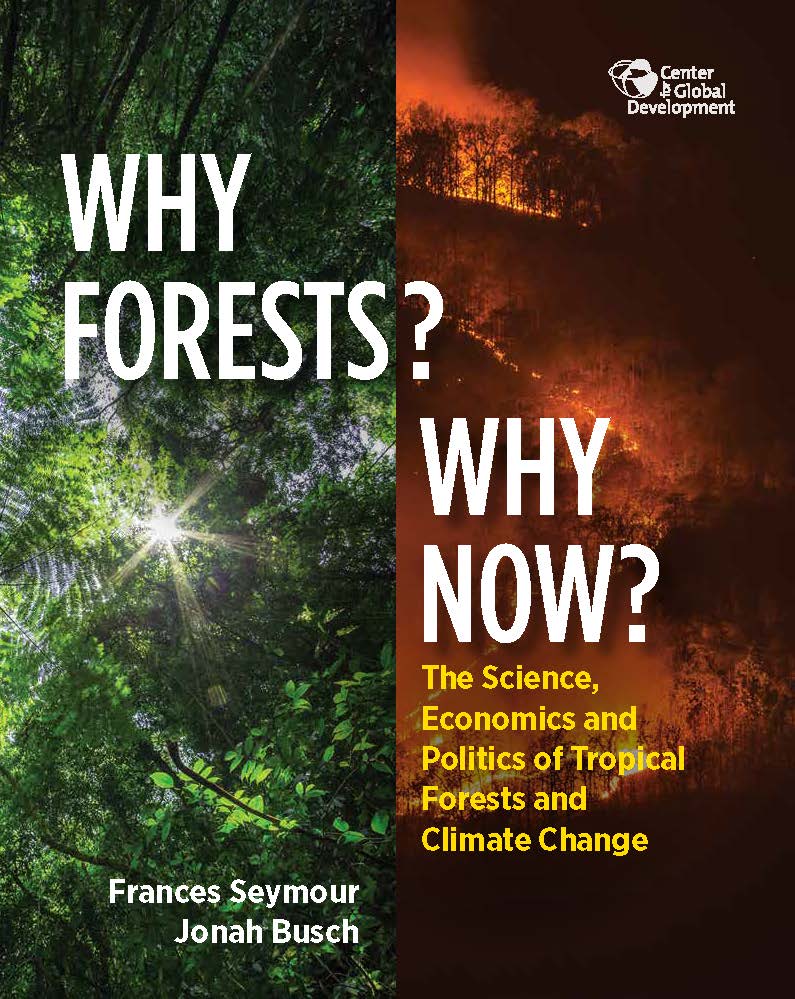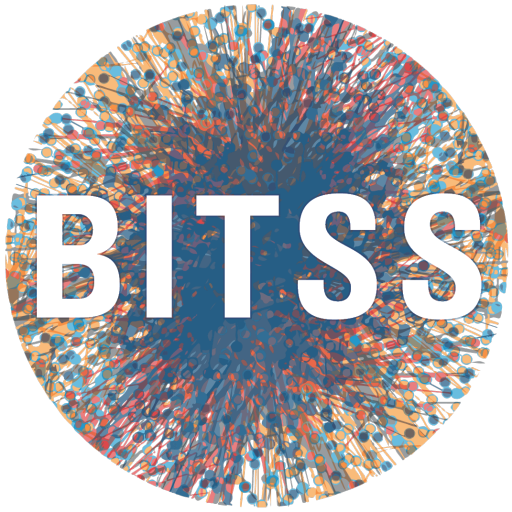IMPACT
Impacts of Energy on Economic Growth
|
|
 |
Photo by Felipe Rodríguez
|
 |
In a recent interview with
BerkeleyHaas
, affiliates
Catherine Wolfram
and
Paul Gertler
discuss CEGA's new applied research program on
Energy and Economic Growth
(EEG), co-managed by Oxford Policy Management and funded by the UK Government through UK Aid. CEGA is leading development of the research agenda for the multi-million dollar program, which will support the generation of new evidence on the returns to investments in energy systems in Sub-Saharan Africa and South Asia.
How Peru is Making Children Grow Taller
A recent
BBC video
follows the effectiveness of the JUNTOS conditional cash transfer program in Peru. CEGA affiliate
Paul Gertler
and a team of researchers
recently evaluated this program
and the impact of branchless banking agents on accessibility and recipients' savings.
|
|
IN THE NEWS
Impacts of the "Mexico City Policy" Revival
Research by CEGA affiliate
Grant Miller
(Stanford) and co-authors on the potential impacts of a new U.S. executive order was recently featured in
the New York Times
. The order revives and expands the "Mexico City Policy," which prohibits global health organizations who receive U.S. federal funding from discussing abortions with their clients. The policy may have implications for organizations providing reproductive health services around the world. Studies of similar executive orders from past administrations reveal that in countries relying heavily on U.S. funding for reproductive health services, abortion rates
increased
while the policy was in place, suggesting there could be similar unintended consequences this time around.
Affiliate Miriam Golden Weighs In On Systemic Corruption for the NYT
CEGA affiliate Miriam Golden discusses her global research on corruption--including the importance of public trust in institutions and mechanisms to protect accountability--in a recent New York Times article. She explains that when corruption becomes systemic, it can seem universal, inevitable and even rational to individuals that would not otherwise engage in illicit behavior. Independent institutions that maintain the capacity to investigate and penalize corrupt activities can serve as "islands of honesty" that protect accountability and rule of law.
|
SPOTLIGHT
Financial Inclusion Lab Supporting New Pilot Research
|
|
 |
|
Photo by Sandip Sukhtankar
|
 |
In its first competitive funding round, CEGA's
Financial Inclusion Lab
(FIL) awarded four pilot grants to teams of researchers testing novel digital financial inclusion interventions in Sierra Leone, Kenya, Nepal and the Dominican Republic. Read more
here
.
2016 Recipients of the Leamer-Rosenthal Prizes for Open Social Science
 |
|
 |
Photo by Katie Hoeberling
|
|
EVENTS
EASST Fellows Lead Training at African School of Economics
|
|
 |
|
Kizito Omala
|
 |
BITSS Holds its Fifth Annual Meeting in Berkeley
 |
|
 |
Photo by Katie Hoeberling
|
In December the
Berkeley Initiative for Transparency in the Social Sciences
(BITSS) brought together over 80 researchers, educators, students, practitioners, and journalists at this year's
Annual Meeting
. Presenters discussed the current and future state of research transparency, showcased cutting edge tools for open education and research, highlighted results from
SSMART
projects, and led a panel with journal editors on results-blind review. Watch the recorded livestream
here
.
|
RESEARCH
The Science, Economics, and Politics of Tropical Forests and
Climate Change

Why Forests? Why Now? The Science, Economics, and Politics of
Tropical Forests and Climate Change
, a new book by CEGA Visiting Scientist
Jonah Busch
and co-author Frances Seymour was launched this month.
The book
is intended to be an authoritative and accessible synthesis of research on how tropical forests contribute to a stable climate and sustainable development.
Transparency, Reproducibility, and the Credibility of Economics Research

CEGA Faculty Director
Edward Miguel
and Project Scientist
Garret Christensen
recently released a
working paper
featuring the results of a survey on issues related to reproducibility in economics, and the social sciences more broadly. The survey lays out the evidence on core problems with research such as publication bias and p-hacking, and discusses partial solutions including study registration, pre-analysis plans, and data sharing.
New Working Paper on Risk Salience and Adolescent Sexual Behavior in Cameroon
|
|
 |
| Photo by UN Women/Ryan Brown |
 |
Adolescent girls in Sub-Saharan Africa are at particularly high risk for HIV infection and unwanted pregnancy. CEGA affiliate
Pascaline Dupas
and co-authors have a new
working paper
on an RCT measuring the impacts of multiple HIV prevention interventions for teenage schoolgirls in Cameroon on sexual behavior, HIV infection, and pregnancy outcomes. The authors find that short-term interventions can reduce instances of teen pregnancy by over 25% in the following 9-12 months, and suggests that even minor interventions to reduce the risks of HIV and pregnancy can have major impacts on the sexual behavior of rural adolescent girls.
What Happens When the Money Runs Out?
 |
|
 |
Photo by CEGA
|
A new post on the
World Bank Development Impact blog
discusses whether cash transfer programs can have lasting effects for beneficiaries even after the money stops. The post details work co-authored by CEGA affiliate
Craig McIntosh
that examines a cash-transfer experiment in Malawi after the conclusion of an intervention. Research findings highlight the benefits, limitations, and tradeoffs of both conditional and unconditional cash transfer programs.
|
EASST Welcomes Spring 2017 Visiting Fellows and Launches Fall 2017 Fellowship Competition
|
|
 |
|
Photo by
Kuranda Morgan
|
 |
CEGA is excited to welcome two new
EASST
visiting fellow
s
to UC Berkeley this fall,
Christine Simiyu
and
Michael Mbate
. Christine (Kenya) holds a PhD in Development Economics from National Graduate Institute for Policy Studies (Japan) and is currently a lecturer at KCA University in Kenya. Michael (Kenya) is currently pursuing his PhD in International Development at the London School of Economics. Both fellows will spend the semester in Berkeley auditing courses, designing impact evaluations in partnership with CEGA researchers, and presenting their research at different UC campuses. For more information on how to apply to the Fall 2017 Visiting Fellowship Competition, visit the
opportunities page
of the EASST Website.
|
|
|
|
|